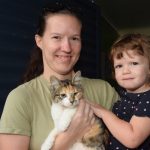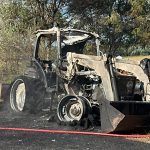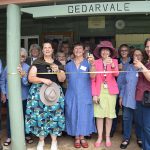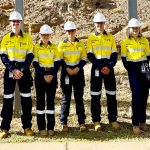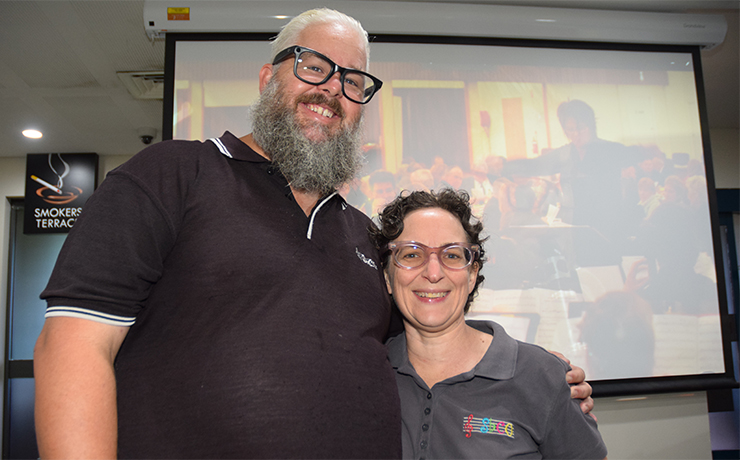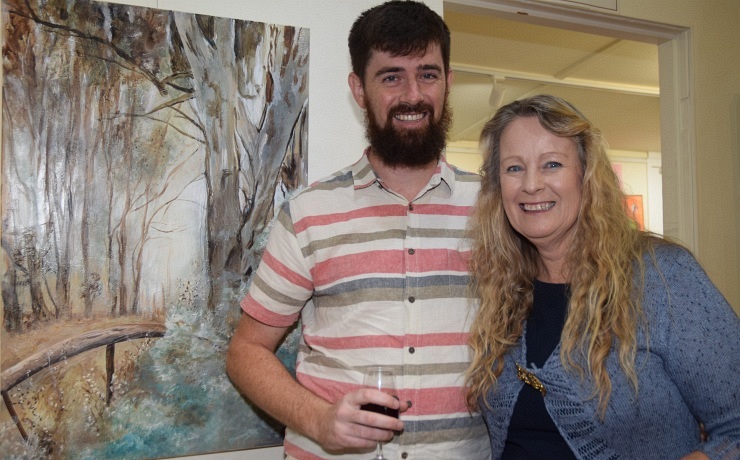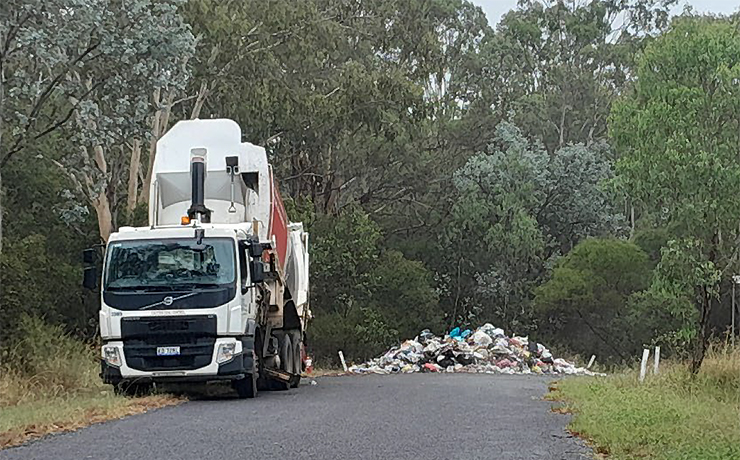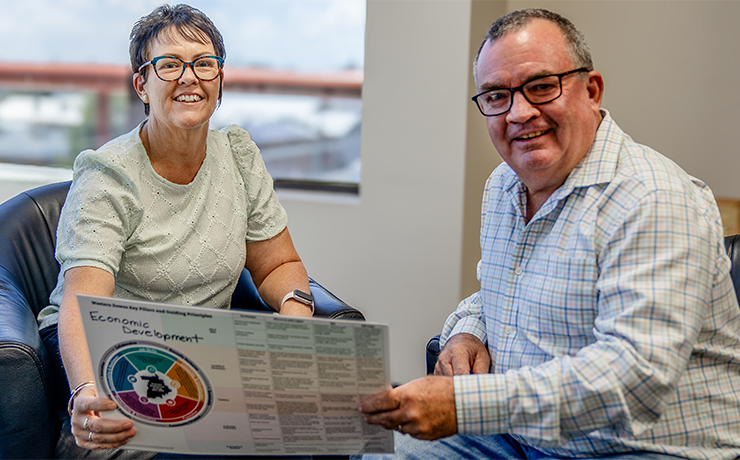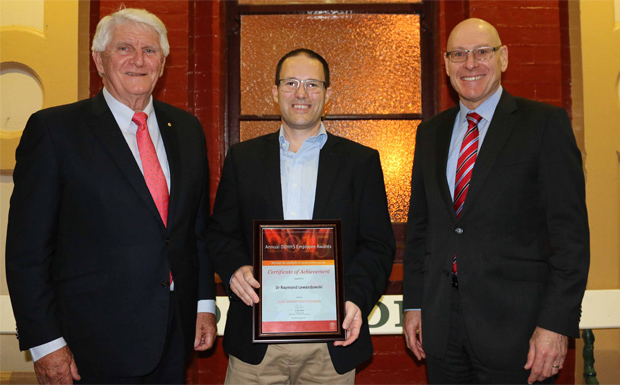
February 19, 2016
Kingaroy Hospital medical superintendent Dr Raymond “RT” Lewandowski has been recognised for five years of dedicated work at Kingaroy Hospital.
Dr Lewandowski originally came to Australia with the intention of only staying for one year.
But this year marks this fifth year that’s passed since the American-born doctor set down roots in the South Burnett.
And in that time he has established himself as a valued member of Kingaroy Hospital’s staff.
“I’ve been in Kingaroy for five years – that’s the second longest time I have spent in the one place,” Dr Lewandowski said.
* * *
Dr Lewandowski came from a naval family. He grew up in rural Missouri but spent his later life in a variety of locations before going to university and graduating as a doctor.
“I had a year off, known as a sabbatical in the US, and I wanted to see Australia,” he said.
“It was during that time that a job became available in Kingaroy.
“I applied with the intention of only staying for one year.”
The rest is history …
* * *
The past five years have been a busy time for Dr Lewandowski as he has worked to turn around the waiting times for elective surgeries and build up the hospital’s morale.
His achievements have not gone unnoticed.
In January, Dr Lewandowski was presented with a Darling Downs Hospital and Health Service (DDHHS) staff award for his kind and personable approach to fostering better patient outcomes at Kingaroy Hospital.
The second annual staff awards were open to all of the health service’s 5100 staff members to reward and recognise significant staff achievements.
This year they attracted more than 100 nominations.
Dr Lewandowski was presented with the Vision Award, which is based on the DDHHS’s vision “to deliver excellence in rural and regional healthcare”.
He was nominated by DDHHS Cluster Operations Manager for the South Burnett, Peta Rutherford, and selected as the eventual winner by DDHHS executives.
“It was nice to receive that recognition and it shows that we are doing great things in Kingaroy,” he said.
“However, I didn’t do all of these things by myself. There is a team of clinicians, support staff and other leaders who are all part of it.”
* * *
In the past two years Dr Lewandowski has overseen the reintroduction of general surgical procedures, such as endoscopies, in the hospital’s operating theatre.
“We are now in theatre four out of five days a week,” he said.
The award also recognised Dr Lewandoski’s commitment to supporting the next generation of doctors, in turn inspiring more clinicians to seek out medical careers in rural or regional areas.
“We have a very diverse staff, however each member is expected to respectfully provide feedback to each other. Even our visiting medical students are encouraged to ask questions and challenge decisions. It keeps everyone sharp and fresh,” he said.
“It’s the variety of work in rural areas that myself and others find appealing. You get to use all of your training and you are not boxed into roles or specialities.”
* * *
Aside from the professional achievements, Dr Lewandowski said he was pleased he made the decision five years ago to take a punt in the South Burnett.
“Kingaroy has been great for me and my family,” Dr Lewandowski said.
“It’s a great community with good people. It’s also great to be a part of such a hard-working team at a hospital that is busy and productive.”
Ms Rutherford said she was glad to see him receive wider recognition for his work.
“In the time he has been the medical superintendent of Kingaroy Hospital, RT has developed a reputation as a medical leader who achieves, and he has created an environment of supported education and training,” Ms Rutherford said.
“There are so many positives to having a medical superintendent such as RT, and to hear people at a national and state level talk about his leadership and achievements at Kingaroy, is well deserved.”
* * *
A Day In The Life
Dr Lewandowski explains what a typical day is like for a medical superintendent in a rural hospital:
“My day starts at around 7:00am or 7:30am, when I do a quick round of all the departments – the ward, the ED, the labour ward – just to see how the day is panning out and to make sure all of the patients are settled and have what they need.
“At 8:00am we have a team meeting for 30 minutes to talk about our cases. And that’s the end of predictability of my day!
“I then go where I am most needed. That could be the ED or going to see a patient on the ward or I could go deliver babies or perform endoscopies. I even could be required to go to another hospital within the South Burnett like Wondai or Nanango. My days are really random and rarely predictable.
“But during the day I always aim to provide guidance and back-up to the junior doctors or medical students.
“I also try to squeeze in time for clinical reviews and administrative duties, when I can.”









